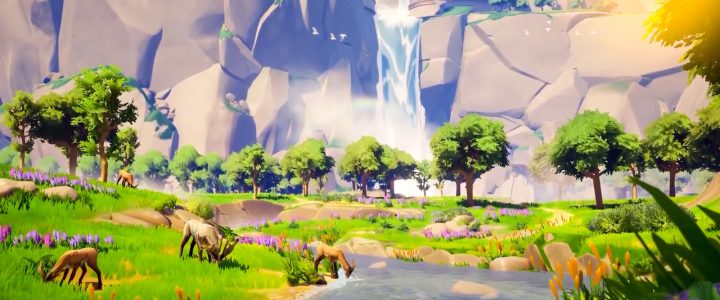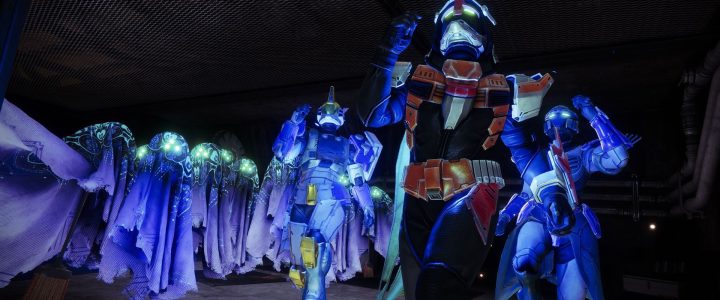With the huge success of games like World of Warcraft and EverQuest, many people now think of computer games when they hear the term “role-playing game” (RPG). What some people-especially younger gamers-don’t realize is that RPGs have been around for over 30 years and don’t necessarily require a top-of-the-line console or computer system to play. While the two forms of gaming are similar in many respects, tabletop games allow a much wider range of possibilities than their computerized counterparts.
On the surface, tabletop RPGs look a lot like computer RPGs (CRPGs), and with good reason-many of the most popular computer games are based on Dungeons amp; Dragons, the first and most widely played tabletop RPG. Like computer gamers, tabletop role-players create characters (game alter-egos) who adventure through an imaginary world. One player, the Game Master (GM), is in charge of creating the world, taking on the roles of characters not controlled by players, and resolving actions and events using the game’s rules system. In short, the GM performs all the functions of the software in a CRPG.
While a computer can often handle the basic game rules much faster than a human GM, player actions in CRPGs are limited to those coded into the software. For example, a character may be able to sneak past, attack, or even fast talk a pair of guards, but other options are simply not available. A human GM, on the other hand, can adapt the rules system to handle anything the players can dream up. If a player in a tabletop game wants to try to frighten those guards away by orchestrating a Scooby-Doo-style “haunting,” the human GM merely needs to decide how to apply the game rules to this situation.
A human GM can also create and modify the story lines of a game to fit character backgrounds, personalities, and motivations. This type of individual customization provides more opportunities for collaborative storytelling and character development. Even though instant messaging and voice software allows computer gamers to conduct “in character” conversations, such role-playing is somewhat pointless, since the software is unable to react to the information revealed through character interaction. Because the plot remains the same regardless of the characters involved, the players are unlikely to feel that they have a personal stake in the outcome of the story.
In addition to allowing for more player actions and more customized stories, tabletop RPGs allow players more choice in game genre and tone. “Generic” or “adaptable” rules systems, such as GURPS and QAGS, allow players to create characters and stories for any type of game world that they want to explore. Unless they have programming skills and lots of free time, computer gamers are limited to the games available on the market, which tend to be restricted to a few popular genres for marketing reasons.
Ultimately, the superiority of tabletop RPGs lies in their ability to allow the players to engage in collaborative storytelling. CRPGs can mimic the most basic elements of traditional role-playing, but the characters are ultimately just pawns in a story created by the game’s designers. With tabletop games, players can let their imaginations run wild and take an active role in story, which is much more satisfying.


